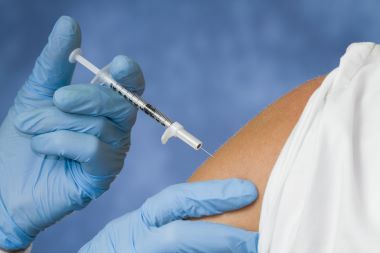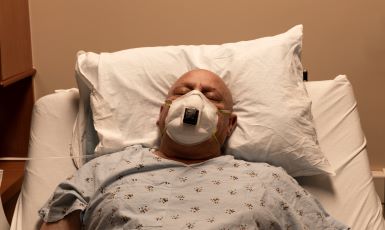Patients may rightly feel a sense of relief upon “getting over” a virus that has killed more than half a million Americans. That may dissipate as weeks—and months—go on with persistent symptoms that inhibit quality of life and raise the specter of ongoing illness, however. And new data published by JAMA Network now indicate that this problem may be much more widespread than previously understood. Fully three quarters of patients continue to have symptoms 6 …
Read More









